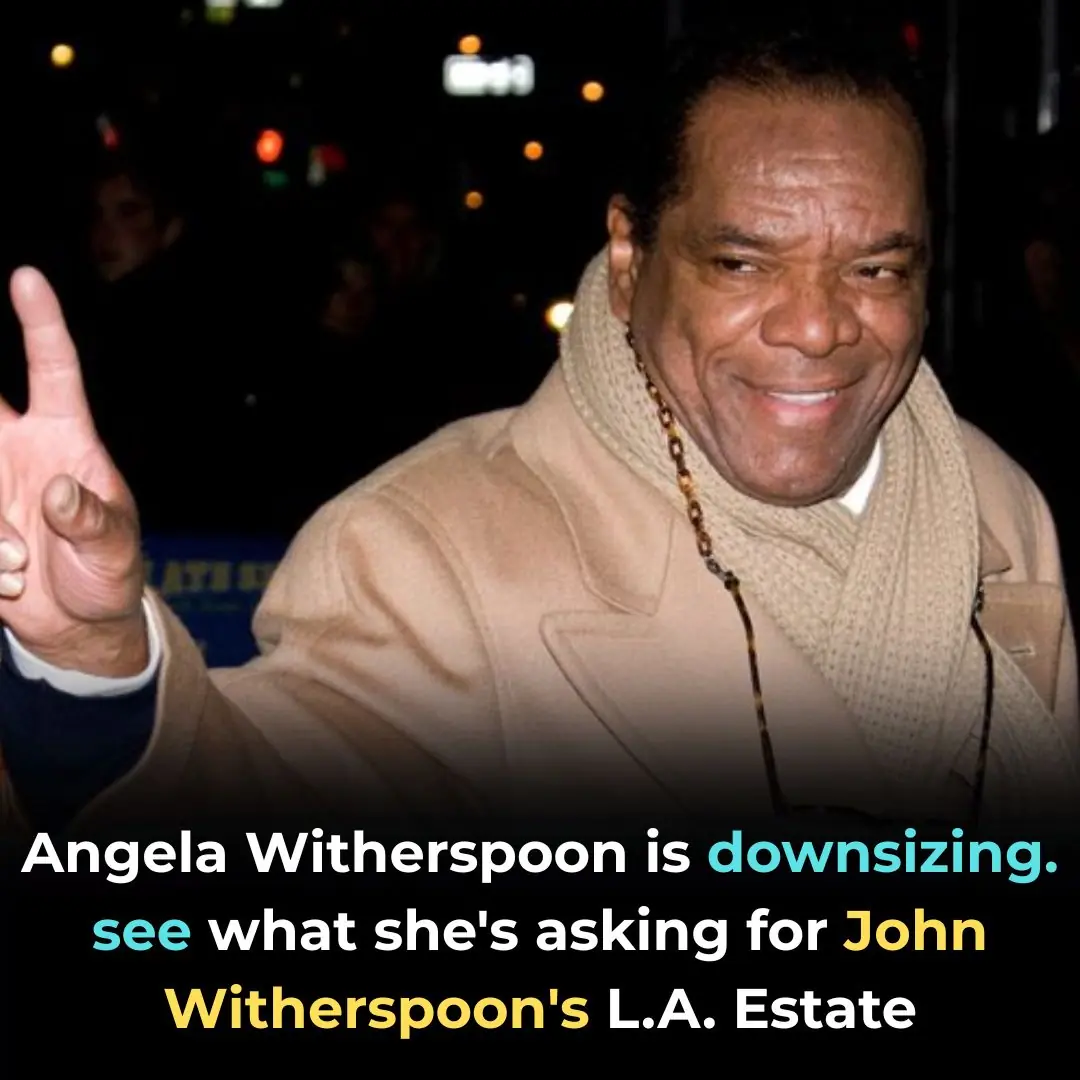
Rev. Al Sharpton Leads ‘Buy-In’ at Harlem Costco to Support Companies Prioritizing DEI
Rev. Al Sharpton Leads “Buy-In” at Harlem Costco to Support Corporate DEI Commitments
He’s putting his money — and his message — where his mouth is.
In a bold demonstration of economic solidarity, Rev. Al Sharpton led a large-scale “buy-in” event at a Costco warehouse in Harlem, New York City, this past Sunday to show support for the company’s commitment to diversity, equity, and inclusion (DEI) programs. As reported by Fox News, the civil rights leader and MSNBC host was joined by more than 100 members of his National Action Network (NAN), all of whom filled their carts to back a corporation that has refused to bow to anti-DEI pressure.

Sharpton’s event came just days after Costco shareholders overwhelmingly rejected an anti-DEI proposal brought by the National Center for Public Policy Research, a conservative think tank that argued DEI programs pose potential “financial and reputational risks” for the company. Instead, Costco reaffirmed its commitment to an inclusive workplace that reflects the diversity of its customer base and workforce — a move praised by civil rights advocates.
In response, Sharpton and NAN members decided to show their appreciation through direct economic action. “Leading a buy-in with 100+ @NationalAction members at the @Costco location in Harlem, NYC to show support for the company’s strong commitment to diversity, equity, and inclusion (DEI),” Sharpton wrote on X (formerly Twitter).
According to The Washington Post, Sharpton personally purchased $25 gift cards for each participant to spend inside the store, framing the event as both an act of community empowerment and a visible endorsement of businesses that value equity. “We’re going shopping at Costco because they’ve stood with us,” Sharpton said outside the Harlem warehouse. “People that stand with us, we will stand with them.”
A National Debate Over DEI
Sharpton’s “buy-in” came amid a growing national debate surrounding corporate DEI programs. Following a wave of political pushback, several major U.S. corporations — including Meta, McDonald’s, Target, Walmart, and Harley-Davidson — have reportedly scaled back or restructured their diversity initiatives in recent months (Reuters).
At the federal level, the conversation has intensified even further. The new administration has signed a series of executive orders rolling back DEI-related programs across multiple government agencies, resulting in the reassignment or suspension of nearly 400 federal employees and the cancellation of more than $400 million in DEI contracts, according to CNN.
Sharpton did not mince words when addressing these developments. Calling the recent rollbacks “an outright affront to Black and minority communities,” he argued that DEI programs are not mere policy preferences but moral and historical necessities.
“We have DEI because you denied us diversity, you denied us equity, you denied us inclusion,” Sharpton said in a fiery speech earlier this year during his Dr. Martin Luther King Jr. Day address at the Metropolitan AME Church in Washington, D.C. “DEI was a remedy to the racial institutionalized bigotry practiced in academia and in these corporations. Now, if you want to put us back in the back of the bus, we’re going to do the Dr. King–Rosa Parks on you.”
A Call for Economic Activism
This isn’t the first time Sharpton has linked consumer action with civil rights advocacy. Over the past decade, the activist has organized several “buy-ins” and boycotts aimed at using collective purchasing power to support — or hold accountable — major corporations. As The New York Times once noted, Sharpton has long championed “economic activism as a means of social change,” emphasizing that where communities spend their money can influence corporate behavior as powerfully as any protest.
The Harlem Costco event was designed to send that same message: economic solidarity equals social strength. For Sharpton, it’s about more than shopping — it’s about shaping the moral economy of corporate America.
“Costco showed courage when others backed down,” Sharpton told reporters. “When you see companies under attack for doing the right thing, you have to stand up for them. That’s how we keep progress moving forward.”
While critics of DEI argue that such programs can foster division or reduce merit-based advancement, supporters like Sharpton contend that they are essential tools for leveling the playing field after centuries of systemic inequality. “The fight for inclusivity in the workplace is far from over,” he said.
As DEI faces mounting legal and political challenges, Sharpton’s Harlem “buy-in” stands as both a symbolic and practical reminder that consumer choices can drive corporate conscience. His message is clear: Supporting businesses that embrace fairness and inclusion is not just about spending — it’s about standing firm in the ongoing struggle for equity, opportunity, and justice.
News in the same category

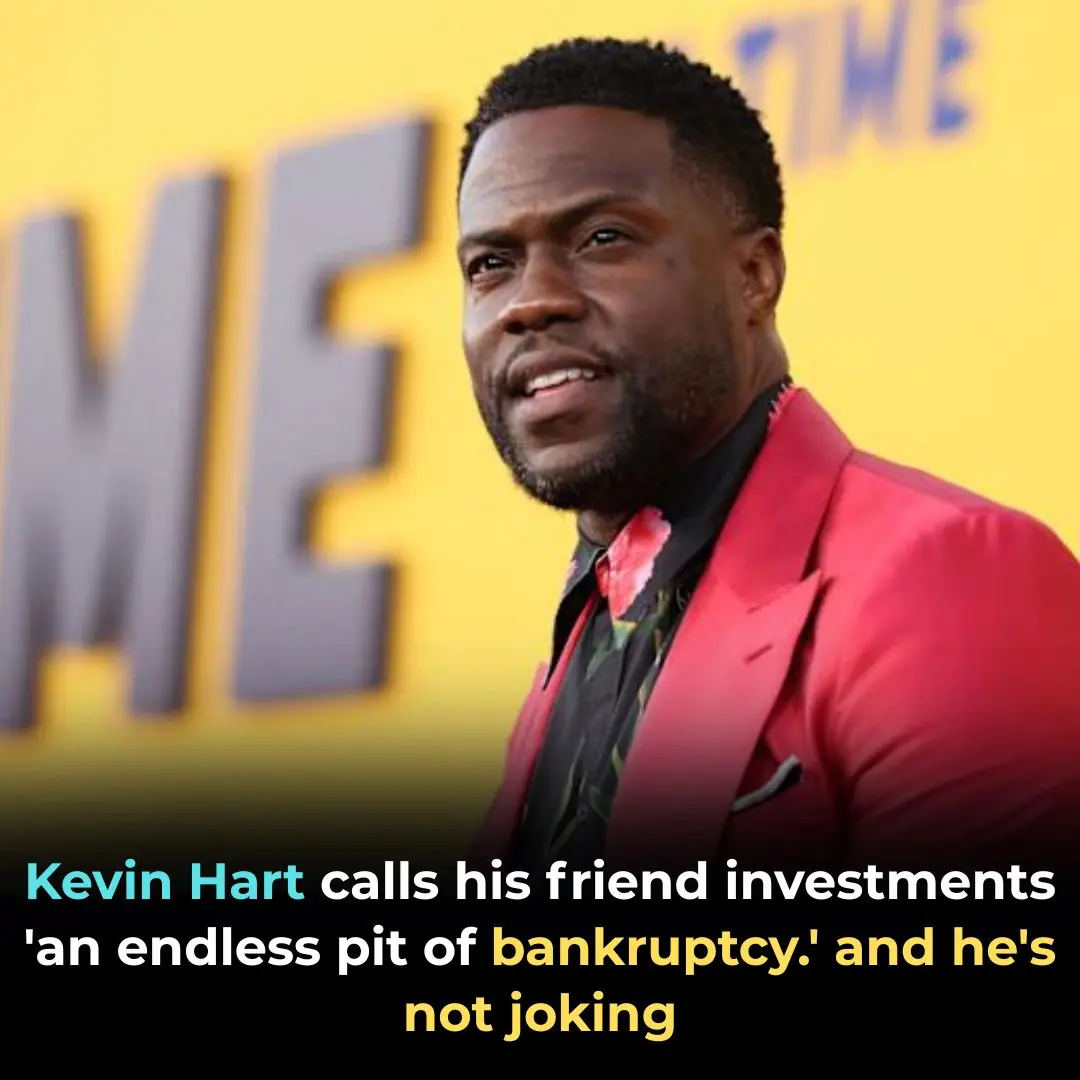
Kevin Hart Calls His Friend Investments ‘An Endless Pit of Bankruptcy.’ And He’s Not Joking
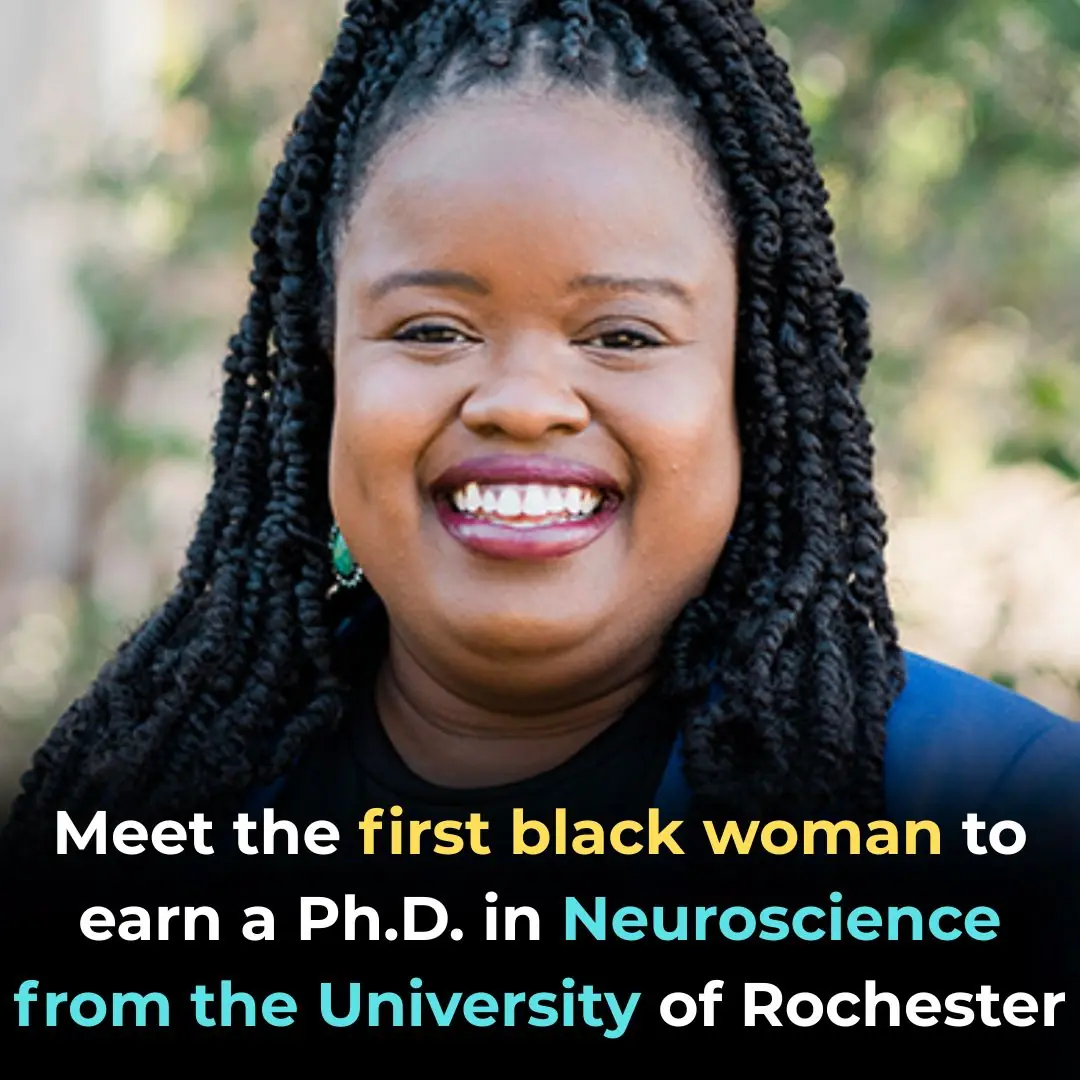
Meet The First Black Woman To Earn a Ph.D. in Neuroscience from the University of Rochester

Strictly Come Dancing fans desperate to know if Vito Coppola is married as he and Ellie Goldstein leave show
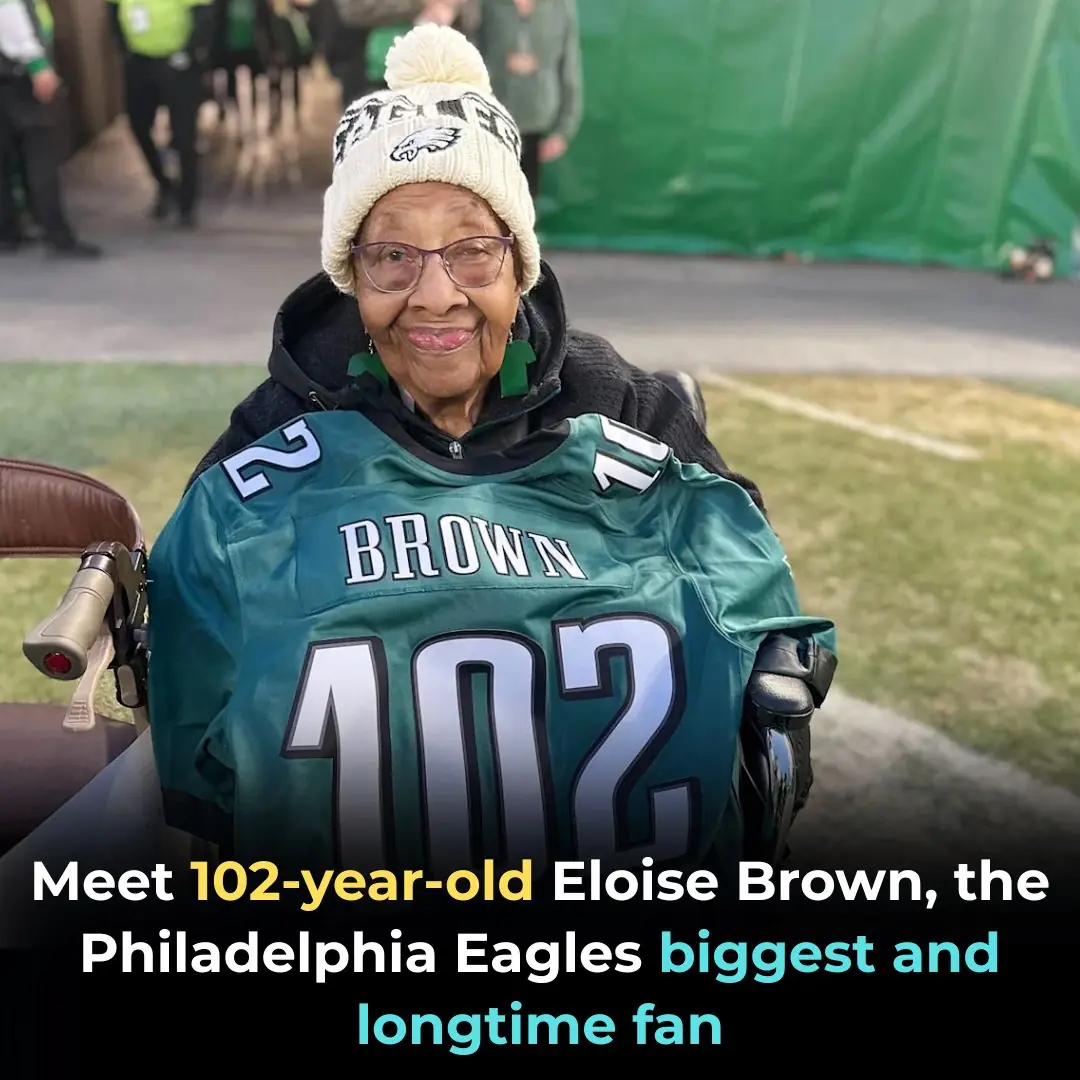
Meet 102-Year-Old Eloise Brown, the Philadelphia Eagles Biggest and Longtime Fan

Meet The Couple Behind The First Black-Owned Virtual Bridal Company

Strictly stars Balvinder Sopal and Julian Caillon given much-needed boost following third dance-off

Strictly star Ellie Goldstein’s future ‘revealed’ as she breaks silence on exit
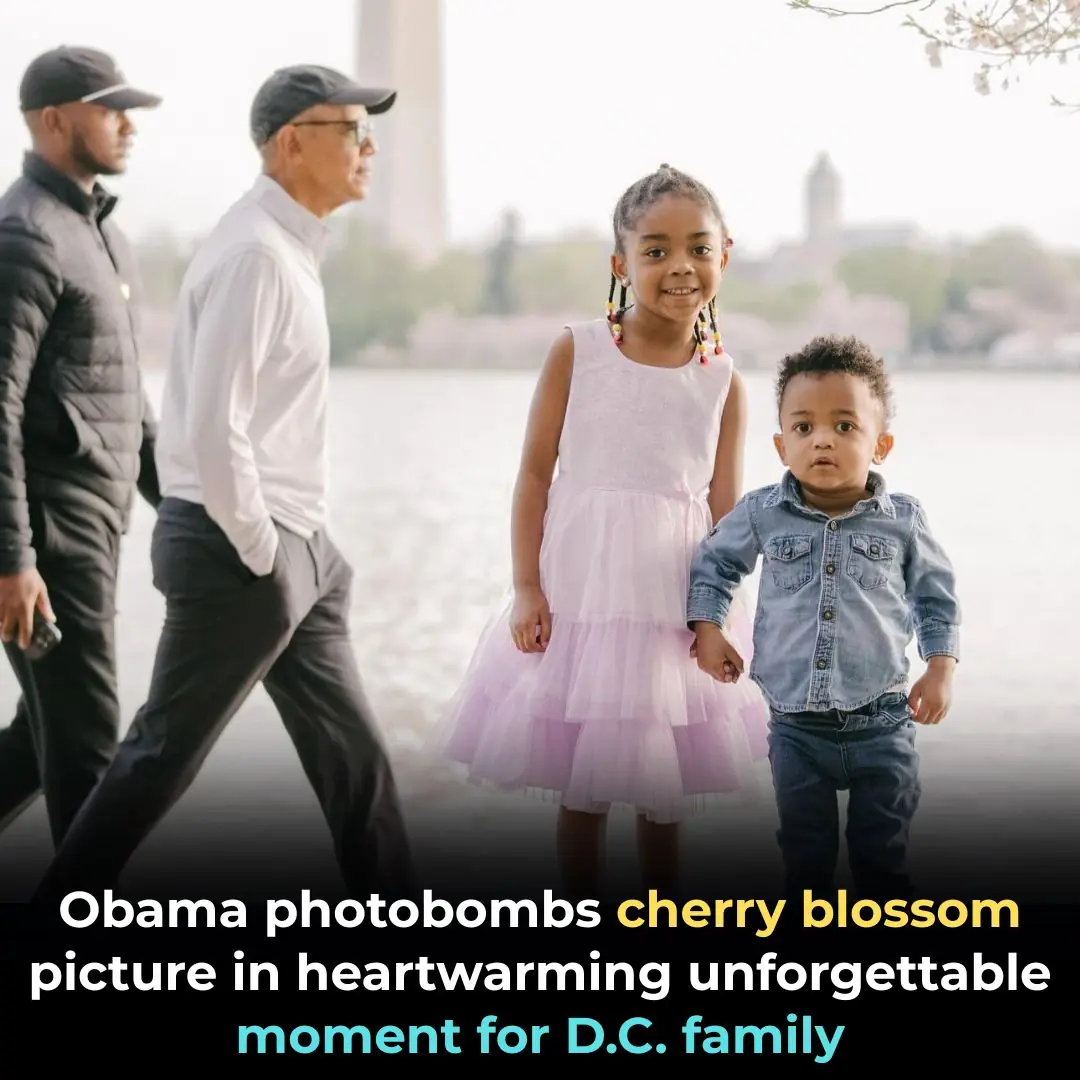
Obama Photobombs Cherry Blossom Picture in Heartwarming Unforgettable Moment for D.C. Family

Jennifer Aniston finally goes Instagram official with new boyfriend Jim Curtis: ‘My love’

Announcement made over King Charles’ residences Buckingham Palace and Windsor Castle as tickets revealed
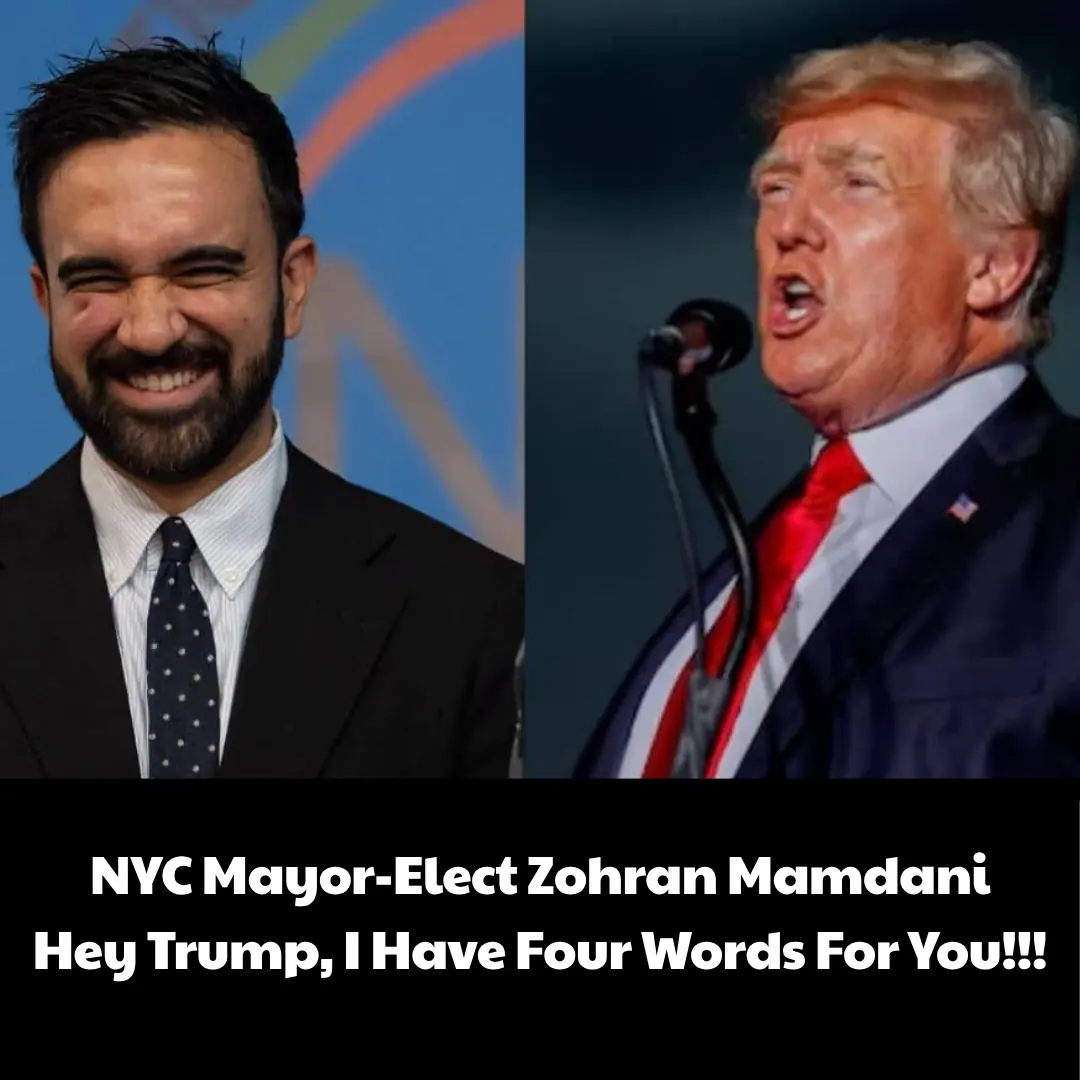
NYC mayor-elect Zohran Mamdani vowed to "stop" Donald Trump during his victory speech

Gemma Atkinson addresses outrage over 'wedding dress' choice as Gorka hits back

Nina Dobrev mocks her split from Shaun White with pointed Halloween costume

Sydney Sweeney Makes Out With Scooter Braun in Central Park
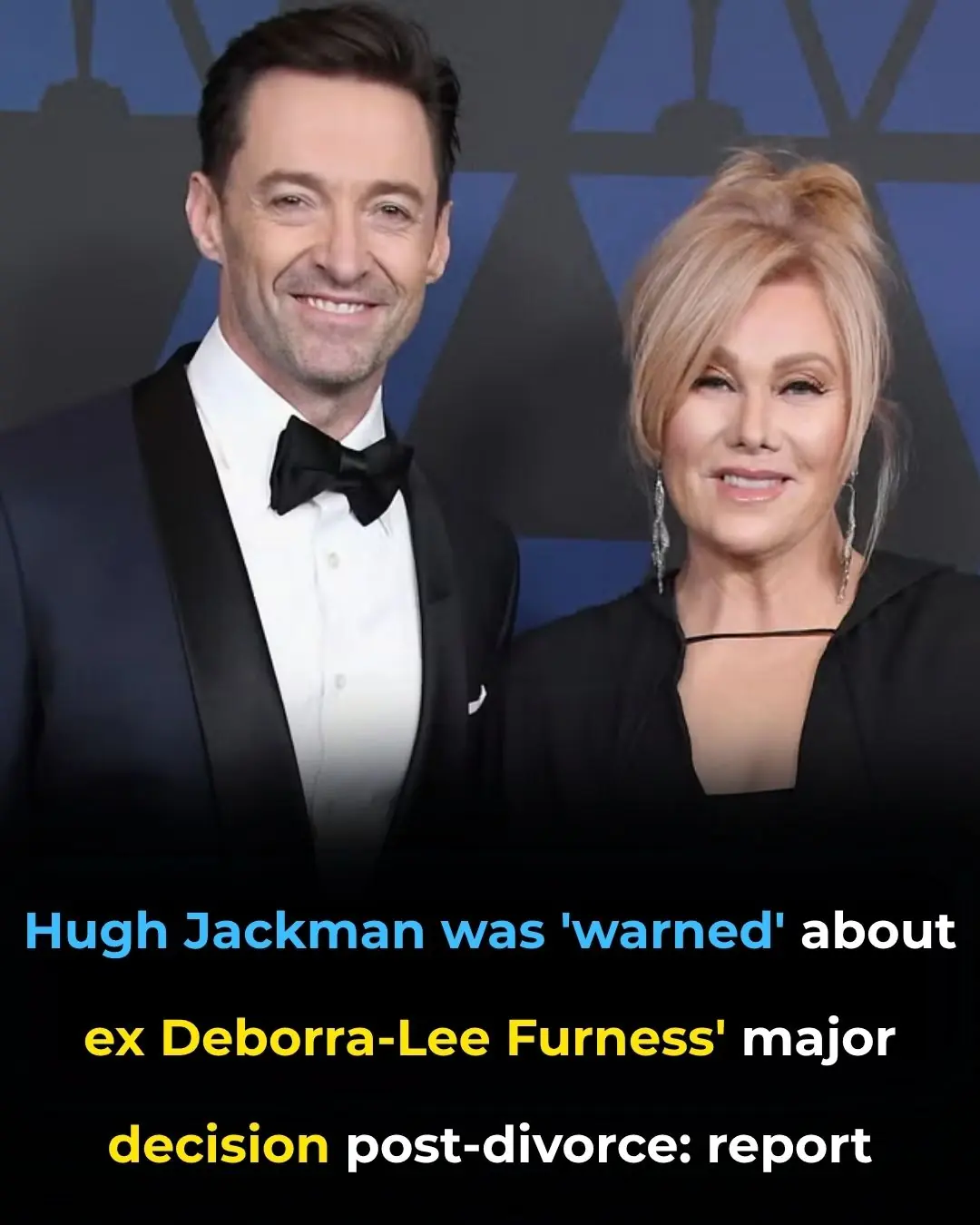
Hugh Jackman was ‘warned’ about ex Deborra-Lee Furness’ major decision post-divorce: report
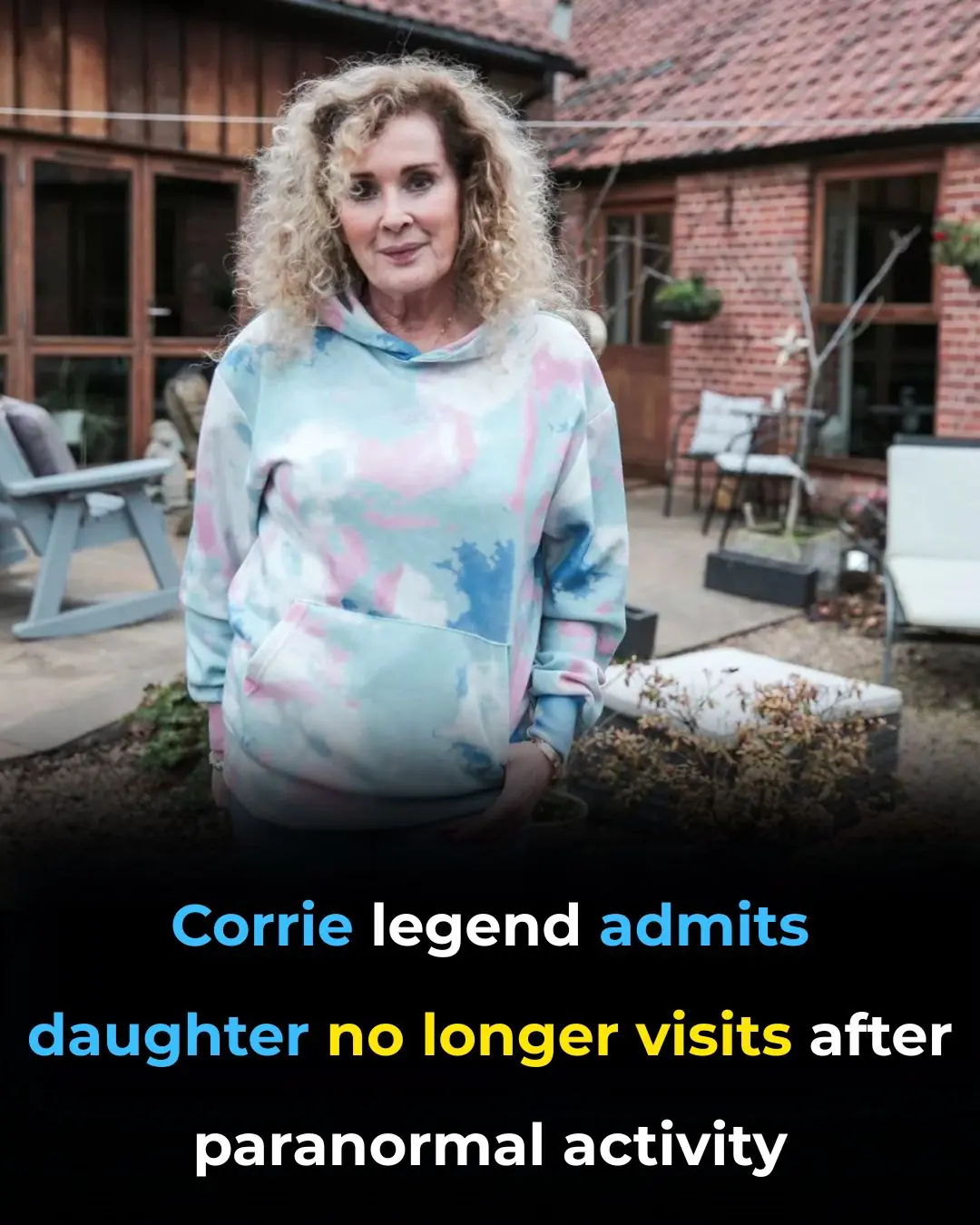
Coronation Street's Beverley Callard admits daughter no longer visits after paranormal activity

Big Brother's Zelah addresses cheating claims as he admits feeling 'betrayed'

Miss Universe winner, contestants walk out of ceremony over executive’s ‘disrespectful’ comment to beauty queen
News Post

Angela Witherspoon Is Downsizing. See What She’s Asking for John Witherspoon’s L.A. Estate

Kevin Hart Calls His Friend Investments ‘An Endless Pit of Bankruptcy.’ And He’s Not Joking

Meet The First Black Woman To Earn a Ph.D. in Neuroscience from the University of Rochester

Strictly Come Dancing fans desperate to know if Vito Coppola is married as he and Ellie Goldstein leave show

Meet 102-Year-Old Eloise Brown, the Philadelphia Eagles Biggest and Longtime Fan

Meet The Couple Behind The First Black-Owned Virtual Bridal Company

Strictly stars Balvinder Sopal and Julian Caillon given much-needed boost following third dance-off

Strictly star Ellie Goldstein’s future ‘revealed’ as she breaks silence on exit

Obama Photobombs Cherry Blossom Picture in Heartwarming Unforgettable Moment for D.C. Family

Jennifer Aniston finally goes Instagram official with new boyfriend Jim Curtis: ‘My love’

Onion Night Gel To Get Rid Of Wrinkles On Your Face

Unlock Radiant Skin with This Simple Vaseline and Milk Skincare Hack

Announcement made over King Charles’ residences Buckingham Palace and Windsor Castle as tickets revealed

NYC mayor-elect Zohran Mamdani vowed to "stop" Donald Trump during his victory speech

DIY Rice Cream for Glowing Skin: Natural Anti-Aging Benefits for Smooth, Radiant Skin

Unlocking the Japanese Secret to Incredible Hair Growth: How Fenugreek Seeds Can Transform Your Hair

How to use potato to make your hair grow faster

DIY Onion Juice & Onion Oil for Hair Growth: Natural Remedies to Combat Hair Loss, Thinning, and Promote Healthy Hair
